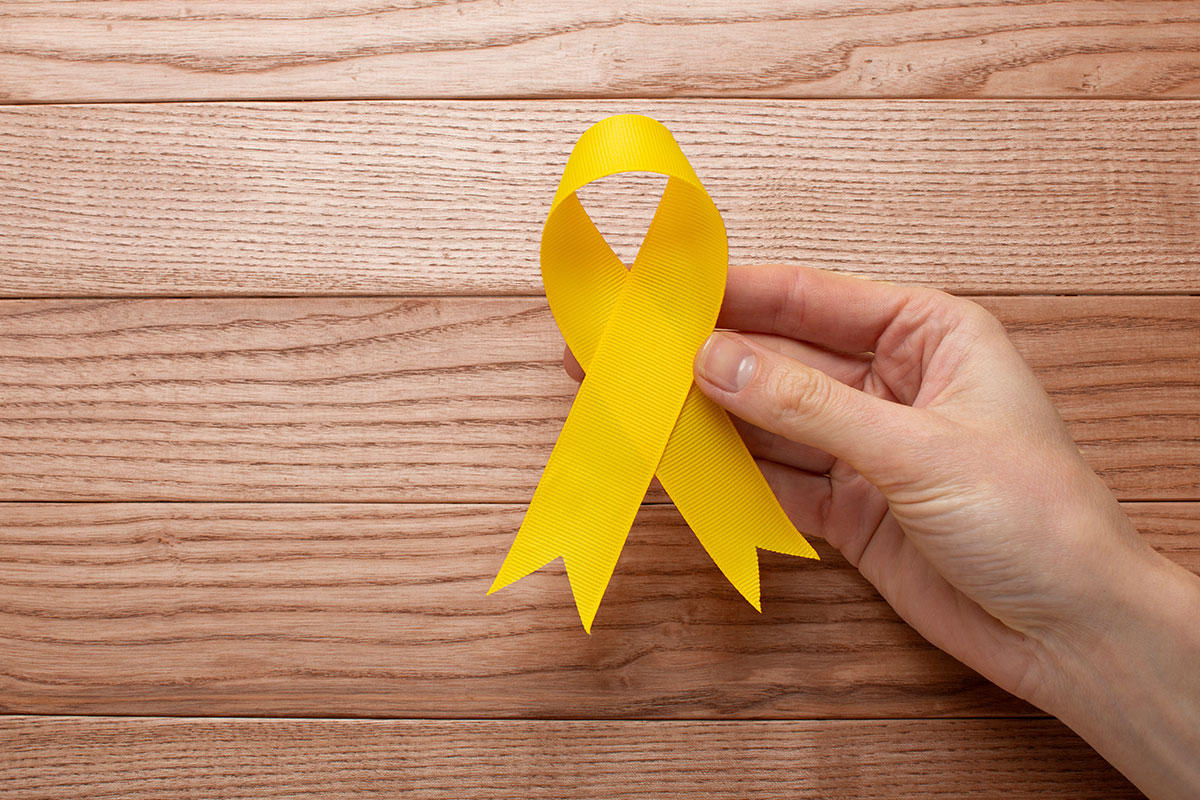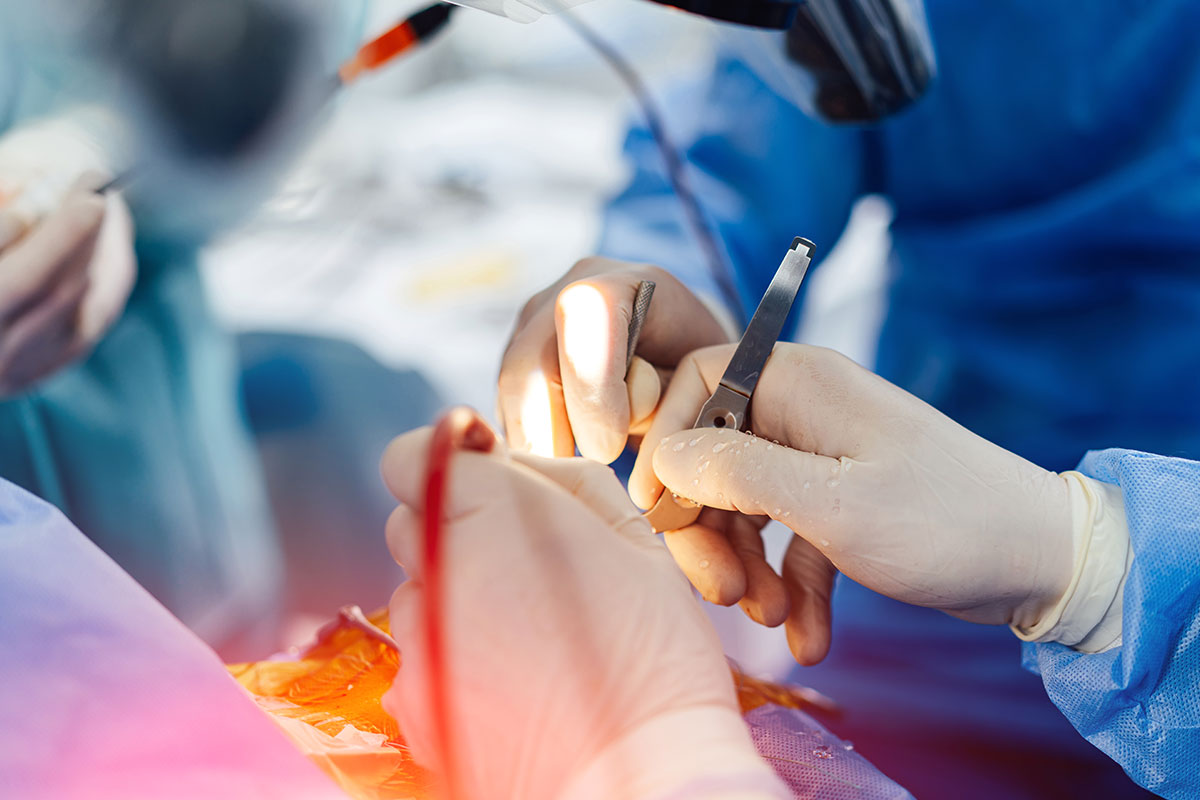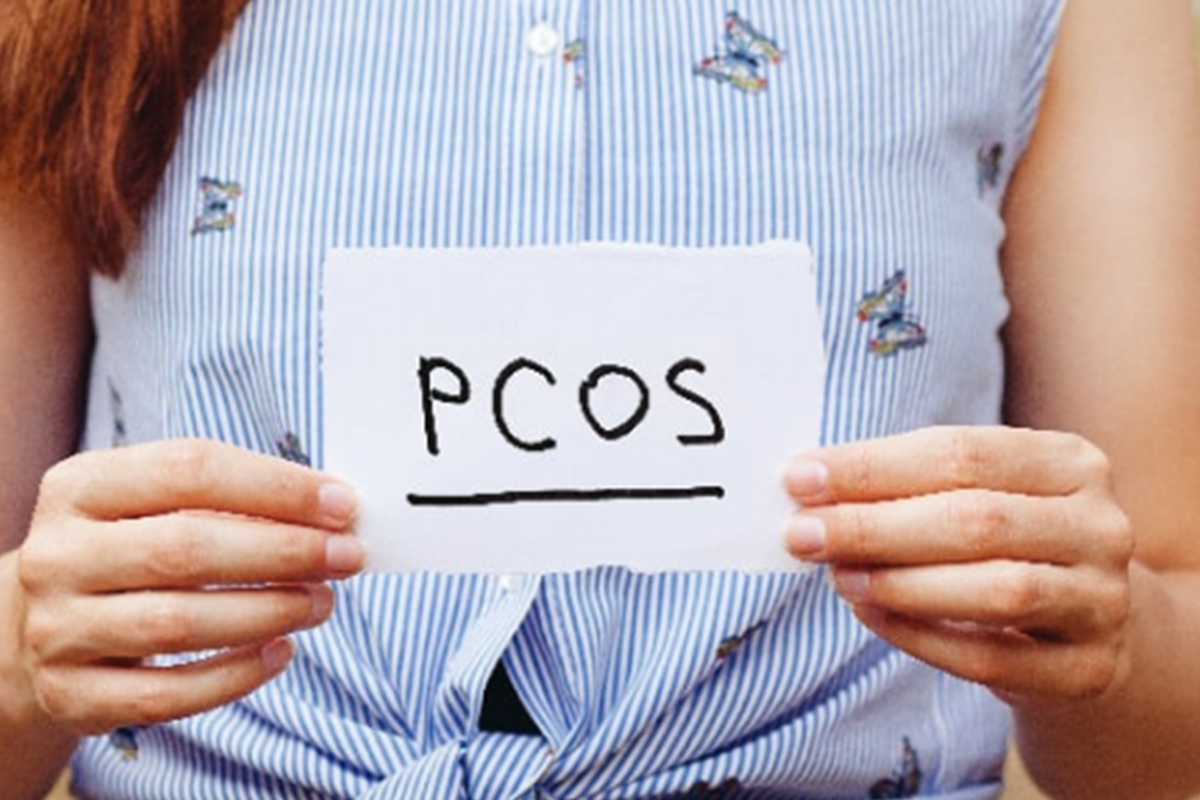
Incurable to Incredible : A Case Study of Childhood Cancer Survivor ship for 23 Years
By Dr. Puneet Gupta in Radiation Oncology
Sep 12, 2020
Yogender Rohilla, a mere 6 years old child, when he was initially diagnosed with a lower abdominal childhood cancer. After one month he started showing severe symptoms of colicky pain, vomiting, weight loss, loss of appetite.
His condition was discussed in the tumor board.In view of huge pelvic mass filling almost whole pelvis and unresectable cancer, with possible severe toxicity of chemotherapy and radiation therapy; that might result from anti-cancer treatment, his guardians were advised to take the child back home. However, the patient’s father requested a second opinion and was transferred to Dr. Puneet Gupta,currently Director oncology, Metro Group of Hospitals.
On diagnosis, it was found that the massive lower abdominal tumor with large pelvic bony mass filled almost whole of the lower and mid-abdomen and the tissue diagnosis revealed that the patient was suffering from advanced childhood Ewing Sarcoma cancer.
Ewing Sarcoma is rare cancer that affects the bones and affect bones and extra bony region too. This type of cancer is most common in children and teenagers, however, it may occur at any age.
Ewing sarcoma can cause multiple complications, especially if it is unresectable, massive and likely to yield metastatic disease in near time ,spread to other parts of the body such as as Lungs and other bones, this makes the treatment and recovery difficult.
This is a rare condition and highly aggressive cancer of childhood having a minuscule chance of recovery. It requires aggressive treatment through intense chemotherapy, radiation, surgery, or a combination of multiple therapies. The long term survivorship is achieved after prolonged intense chemotherapy for about one year along with specially designed radiation therapy. This round cell malignant pathology is exceptionally radiation as well as chemotherspy medicine sensitive. However, even after successful treatment, it requires lifelong monitoring as there is a risk of relapse as well as potential negative effects of intense chemotherapy and radiation including second cancer.
Dr. Gupta, Director Oncology, Metro Hospitals, realizing the risk to the life of the child (Yogender Rohilla) advocated an innovative sequential treatment plan of specially designed reverse boost radiation therapy & systemic chemotherapy with close monitering for tumour lysis syndrome.
The Patient was given multi-agent systemic chemotherapy through a long line placed in the upper limb by Dr Puneet Gupta. Chemotherapy continued for one year using the anthracycline, actinomycin, vincristine based chemotherapy protocol. Being unresectable, the child was given pelvic radiation therapy using innovative reverse boost technique to save nearby critical abdominal organs especially avoiding gut perforation, renal damage, urinary bladder mucositis, small bowel mucositis,etc.
Chemotherapy for Childhood Cancer
Chemotherapy involves the administration of cancer-killing drugs which can be a combination of one or more drugs depending upon the size and place of cancer, it is given either intravenously or orally. Drugs may reduce cancer and make it easier to remove surgically or kill the cancerous cells using radiotherapy.
Surgery for Childhood Cancer
The goal of surgery is to remove all of the cancer cells. But planning the operation also takes into consideration how it will affect the patient’s ability to go about their life post-treatment.
Surgery for Ewing sarcoma might entail the removal of a small portion of the bone or an entire limb. So doctors need to consider all other options before they take such an inexorable decision.
Radiation therapy
Radiation therapy uses high energy X-rays and protons, to kill cancer cells. Energy beams are carefully directed to the affected to reduce the risk of damage to surrounding healthy cells. As it may have severe after effects it is used post-surgery to eliminate the remaining cancerous cells. It is also highly effective in reducing pain by slowing cancer growth in advanced Ewing sarcomas.
Through the intensive care and supervision under Dr. Puneet Gupta of Metro Hospitals and the experts of the oncology department, patient Yogender Rohilla responded well to the treatment.
The patient was an early responder & had a complete clinical and radiological response. He was also given supportive and post-treatment psycho-oncology care time to time,to help him recover from the trauma and heighten awareness of self through innovative Gupta white light therapy, a spiritual biology based cognitive spiritual intervention . The patient had normal growth into adulthood & attained a good physique of 5 feet 11 inches and currently on regular checkups. He showed no signs and symptoms of second malignancy as well as long-term gastrointestinal, hematological toxicity, etc. except upper limb neuropathic pain off and on.However his mother suffered from cancer uterus at 22 years of his survivorship.Again she was well treated at Metro group of hospitals and has recovered well after radical surgery and postoperative chemotherapy by Dr Puneet Gupta.
He is living a healthy, Cancer-free life,for the last 23 years and is serving as self employed professional. Thanks to Metro oncology team and services available at many centers who dedicatedly worked upon him and never losing hope. This is a story of Yogender Rohilla who made a journey from being incurable to incredible case in medical analogs.
Department of Oncology, Metro Hospitals is fortunate to have experts with vast knowledge and expertise and they are equally matched by the infrastructure to meet the requirements to treat the patients with rarest of rare conditions at our facility.
This case is lineage in our series of examplary survivorship story from incurable to incredible where we are presented with such challenging cases which require expertise and innovation. Metro hospitals are well known around the world for pioneering innovative procedures and have a huge number of firsts in various medical spectrums.







